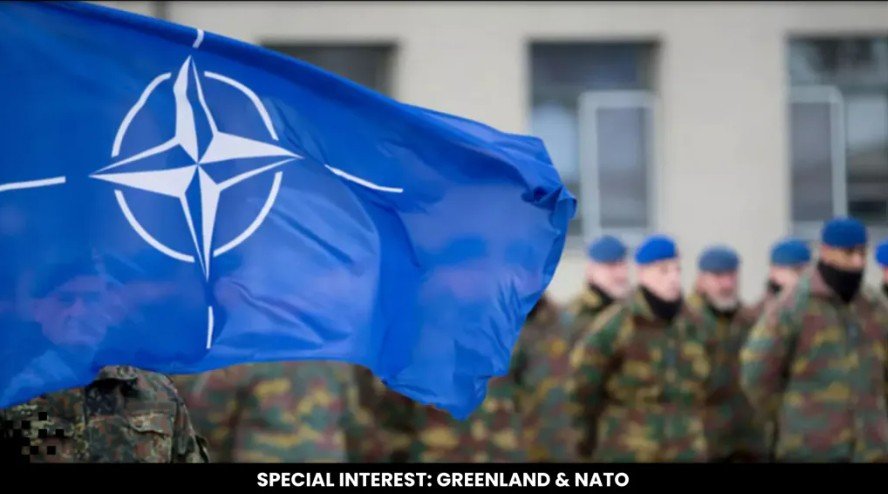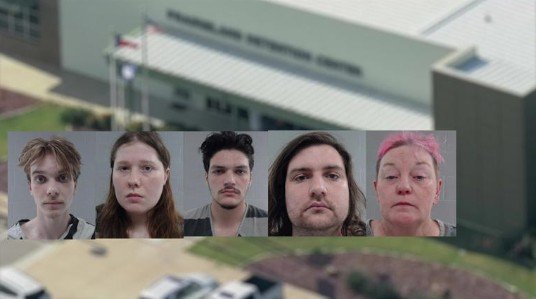The United States deported over 200 alleged Venezuelan gang members, primarily from the “Tren de Aragua,” to El Salvador’s high-security CECOT prison. Executed under the 1798 Alien Enemies Act by President Donald Trump. We’ll explore in-depth on the story, and its implications.
A Swift Deportation Operation
The saga began on March 14, 2025, when Trump invoked the Alien Enemies Act, a law dormant since World War II, to authorize the rapid deportation of individuals identified as members of Tren de Aragua, a Venezuelan gang designated as a transnational criminal organization. By March 15-16, two planes carrying 261 deportees, 238 alleged Tren de Aragua members and 23 from the Mara Salvatrucha (MS-13) gang, landed in El Salvador, despite a federal judge’s attempt to intervene. The deportees were immediately transferred to the Centro de Confinamiento del Terrorismo (CECOT), a massive facility built to hold up to 40,000 inmates.
Rather than returning these individuals to Venezuela, which has resisted such repatriations under Nicolás Maduro’s government, El Salvador agreed to detain them for at least one year (renewable) in exchange for a reported $6 million from the U.S. This amount, while modest compared to the U.S.’s immigration enforcement budget, supports El Salvador’s prison system, which Bukele says costs $200 million annually to maintain.
Trump, Bukele, and Tren de Aragua
Emphasizing his tough stance on immigration, Trump labeled Tren de Aragua a significant threat linked to Venezuela’s government, justifying the use of the Alien Enemies Act to expedite deportations without traditional court processes. This aligns with his broader policy of targeting criminal networks operating in the U.S.
El Salvador’s president, recognized for his aggressive anti-gang campaign, welcomed the deportees, showcasing the operation with polished social media posts of their arrival at CECOT. The move enhances his reputation as a decisive leader willing to collaborate with the U.S. on security issues, while the $6 million provides a financial boost to his administration.
Emerging from Venezuela’s Tocorón prison, this gang has expanded across the Americas, allegedly involved in drug trafficking, extortion, and other crimes. The U.S. classified it as a terrorist organization in February 2025, though Venezuela disputes its scale, noting only 16 of over 600 recent deportees to Venezuela faced judicial action there.
Legal Dynamics
U.S. District Judge James Boasberg issued a temporary restraining order on March 15 to pause the deportations, citing procedural concerns. However, the flights proceeded, landing shortly after. The administration’s use of a wartime law has prompted questions about its applicability to modern immigration enforcement, setting up a potential court battle.
CECOT is designed for maximum security, with no outdoor access or visits and cells holding dozens of inmates. Its role in this operation has drawn attention to El Salvador’s approach to incarceration, which Bukele defends as a necessary deterrent to crime.
Venezuela denounced the deportations as unlawful, claiming the U.S. exaggerated Tren de Aragua’s threat. Sending Venezuelans to El Salvador instead of their home country underscores ongoing U.S.-Venezuela tensions, complicated by Maduro’s refusal to accept deportees.
The Video
Bukele’s videos of tattooed deportees being processed, shaved and marched into CECOT, have spread widely, captivating viewers with their cinematic quality and stark visuals.
Many applaud Trump and Bukele for tackling crime decisively, highlighting the “Trump-Bukele partnership” and CECOT’s capacity. Others question the operation’s legality and practicality, focusing on the use of a wartime law and El Salvador’s prison conditions.
People are exploring the implications, could this approach expand to other countries or gangs? Will it influence U.S. immigration strategies? The $6 million deal has also sparked economic debate, seen by some as a cost-effective move, by others as a complex precedent.
Larger Context
The U.S. framing of migrants as security risks under the Alien Enemies Act signals a shift toward expedited enforcement, potentially reshaping deportation policies.
By accepting the deportees, Bukele positions El Salvador as a key U.S. ally in addressing transnational crime, bolstered by praise from figures like Senator Marco Rubio, who called him a “great friend.”
What’s Ahead?
The situation remains fluid. The U.S. has 14 days to respond to Judge Boasberg’s order, while Bukele has suggested the deportees’ stay could extend beyond a year. With CECOT’s 40,000-inmate capacity, El Salvador could handle more, though the financial and operational limits are unclear.
Final Take
El Salvador is at the center of a high-stakes experiment in immigration, crime control, and cross-border collaboration, one that pairs Trump’s deportation priorities with Bukele’s security model. Fueled by vivid imagery and robust debate, the story raises questions about law, logistics, and international relations. Whether it proves a sustainable strategy or a one-time spectacle, its impact is resonating far beyond El Salvador’s borders, keeping the world attentive.




